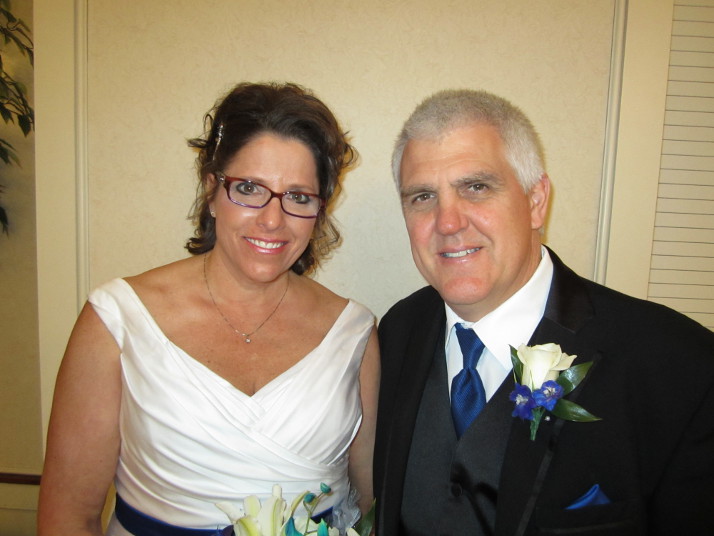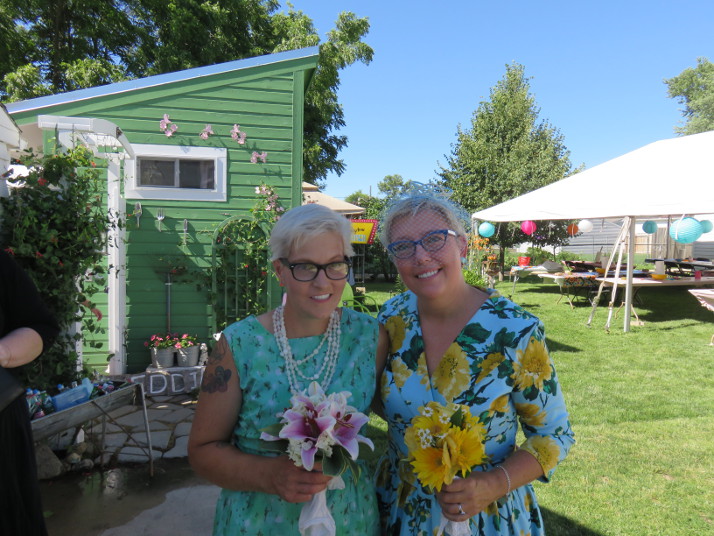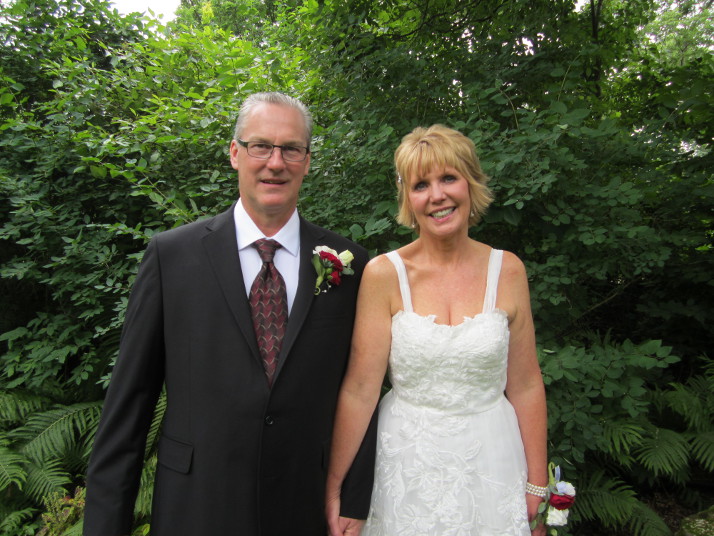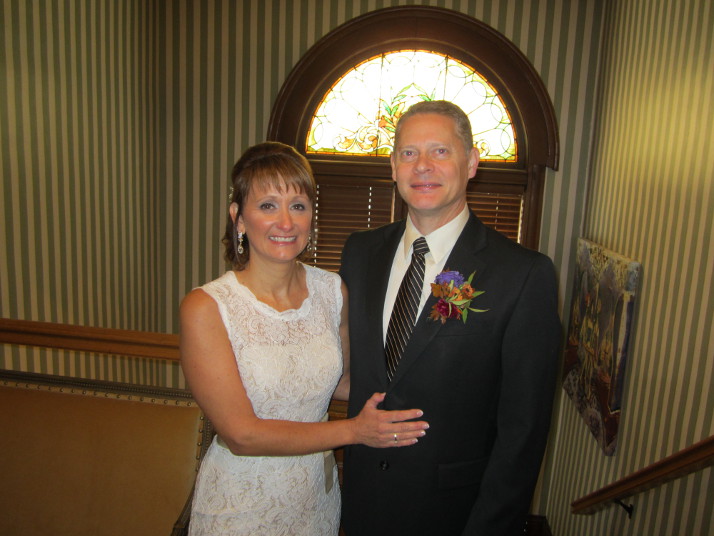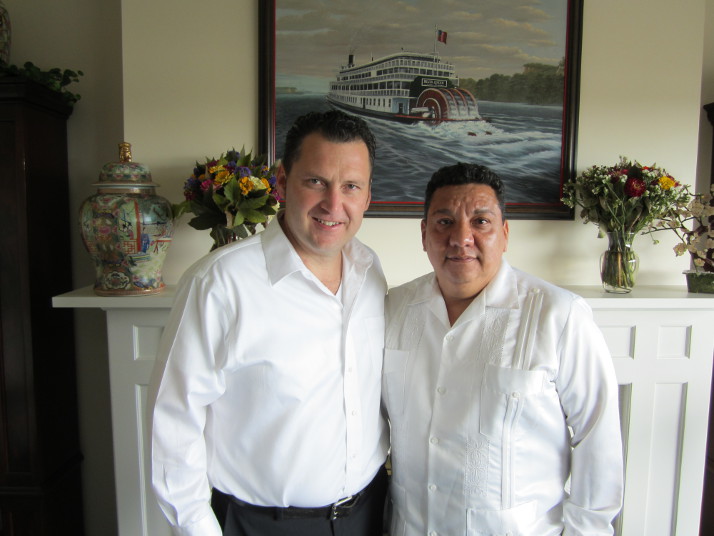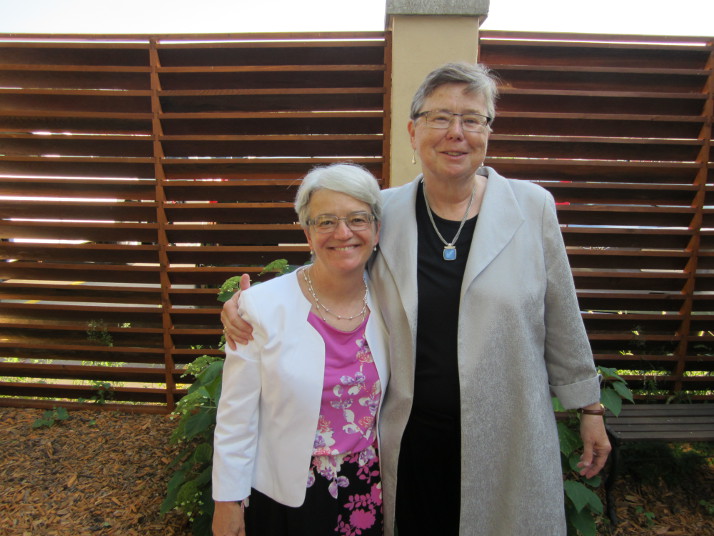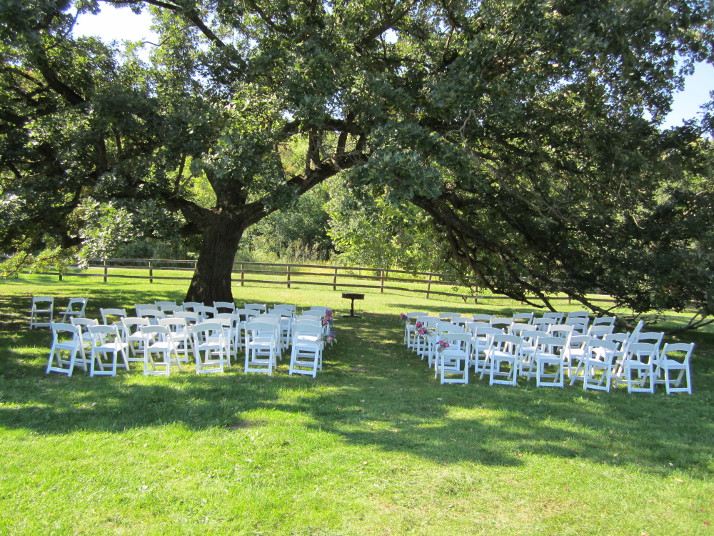Selecting Your Wedding Date
After you get engaged, the most common question you hear from family and friends is often, “Have you set a wedding date?” In fact, there are many things to consider when selecting your date. Maybe you’ve always envisioned a spring or fall wedding. Or perhaps you want to be married on the date of your first date, the date of your proposal, one of your birthdays or even the date your parents or grandparents married. You might even select a holiday for your wedding: Valentine’s Day and New Years Eve are popular dates.
Beyond those personal considerations for your wedding date, here are some other practical things that can guide your choice:
– If you have a favorite venue, it’s often best to start with their availability. Some local venues are already fully booked for Saturdays in 2018. Flexibility for a Friday or Sunday wedding can score you a date at the in demand venues.
– Availability of vendors whose work you prioritize can also impact your date choice. Maybe you’ve heard a particular string quartet at another wedding, enjoyed a specific DJ’s work at a reception, loved the flowers at a friend’s wedding, or have a specific officiant or photographer in mind that you want to work with. Usually the best professionals book up early, so contacting them as soon as you start planning your wedding is a good idea.
– Nature is another consideration. You might choose to avoid winter months if snow and stormy weather could prevent important guests from traveling to the wedding. Or maybe you or your partner hate hot and humid weather. In that case, selecting an earlier spring or later fall date may be best. Those might be good dates if you’ve always envisioned a sunset ceremony, too. Summer days can be long in this area.
– And finally, if you or important guests are avid sports fans, you’ll want to avoid key dates for your sport unless you want to have everyone gathered around TV sets at your reception, or perhaps missing your wedding altogether. Super Bowl Sunday, World Series dates, and hunting and fishing openers are just a few dates to check on based on your guests’ interests.
It’s good to talk about your priorities for your wedding date before getting your heart set on a particular date. You may have flexibility on some the considerations noted above that will help you find a good compromise if necessary. Once you’ve settled on a date, secured your venue and key vendors, the date becomes yours. It will be a special date in your lives from that point on as you first plan and work to make your wedding day all that you want it to be, and then as it marks the beginning of your marriage journey together.

